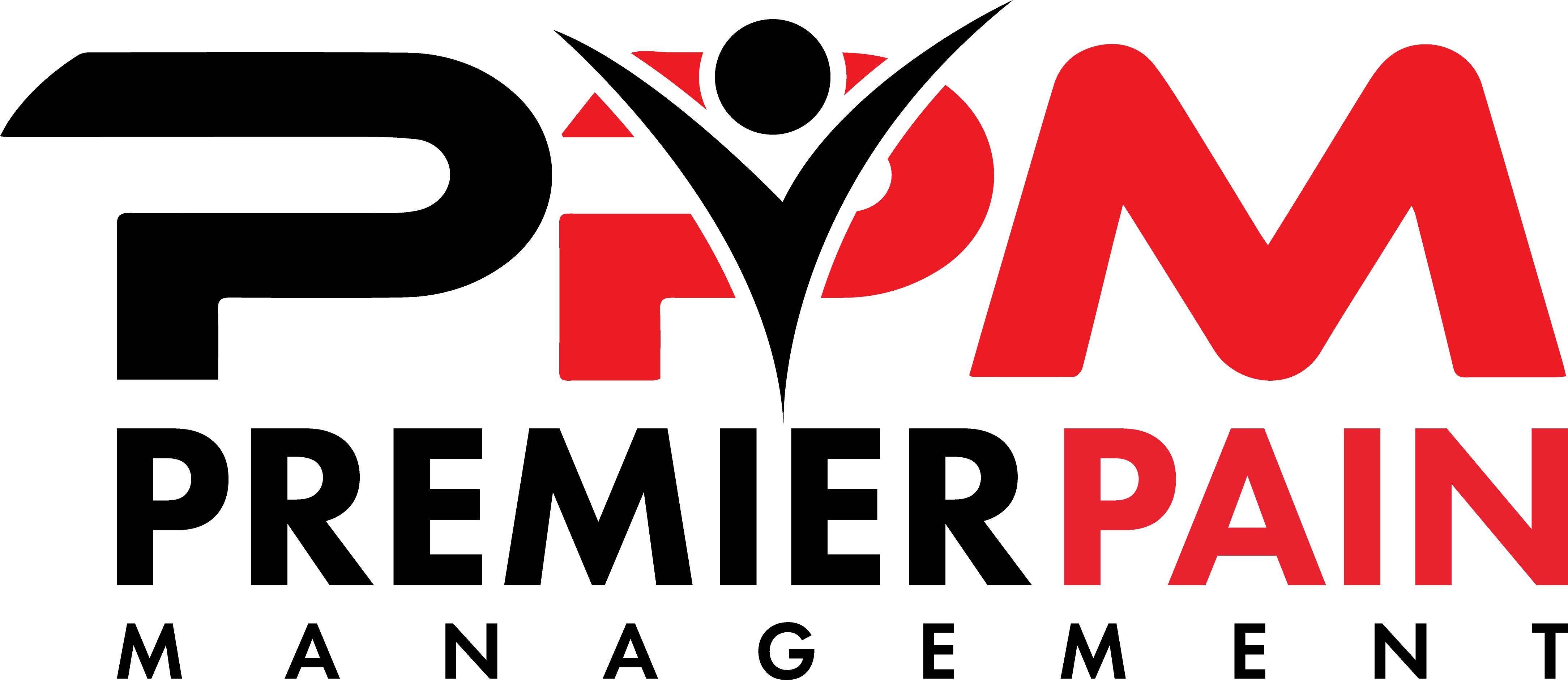Buldging/
herniated discs
Where does it hurt?
buldging & herniated discs
The spine is made up of vertebrae; individual bones in the back separated by spinal discs. Spinal discs are made up of an interior soft jelly like fluid, which gives them a squishy, rubbery consistency, protected by a tough exterior. The discs support the vertebrae and provide cushion and “sponginess”. This cushion allows the vertebrae to move and function properly within the spinal column to absorb shock and pressure.
Sometimes when these discs are traumatized they can become inflamed and put pressure on the nerves around the spinal cord. This is called a slipped or bulging disc and can cause acute pain and discomfort in the back. Even worse, sometimes these discs can burst open creating a herniation. As a result, near by nerves can create pain as they become pinched. This pain in the back can be accompanied by numbness and weakness in limbs.
At Premier Pain Management we provide a variety of pain management solutions for herniated disc pain.
Learn more
Treatments for Herniated Disc Pain include:
Causes of herniated disc
For most people it can be hard to find the exact reason or cause of a disc herniation. Some common causes of herniated disc are:
Improper use of muscles – Using your back to lift heavy objects instead of the legs, or preforming twisting motions with the back.
Traumatic impact – Although rare, sometimes the force of impact from an accident or injury can cause the discs in the back to slip or rupture.
Repetitive movement – The same movement patterns done over and over can wear down the discs in the back leading to herniation.
The back is a very strong part of the body, but improper care of the back and lack of treatment after injury can lead to debilitating pain later in life. Take care of your back and be mindful of your posture. Exercise the back muscles regularly, ice down injuries, and rest if your back becomes sore or injured. These tips can reduce the chance of developing a herniated disc.
Herniated & Bulging Disc Conditions
It is possible to have a herniated disc and not be aware of it, but most herniated discs are painful. The most common signs and symptoms are listed below:
- Back pain – Pain resulting from the herniated or bulging disc that puts pressure on nerves in the back.
- Pain in the rear – Herniated discs in the lower back (the most common area) often result in lower back pain and shooting pain through the buttock area.
- Arm or leg pain – Herniated discs can often put pressure on the nerves, causing pain in the legs or arms. If the sciatic nerve is compressed you can feel pain in the hip and down the leg towards the knee.
- Numbness or tingling – People who have a herniated disc often experience numbness or tingling in the body from the affected nerves.
- Weakness – Muscles near the compressed nerves of the herniated discs can often feel weak.
If you are experiencing back pain give one of our Premier Pain Management a call. Our team of medical doctors , and chiropractors will work with you to tailor a treatment plan to stop your pain.
Contact one of our Premier Pain Management today!

Responsible Pain Management
Same-day appointments available!
